We’re here to teach you enough buzzwords so you can hold your own with your hipster microbrewing classmate, your friend who WWOOFed on a vineyard and your favorite moonshine-making uncle.
Proof
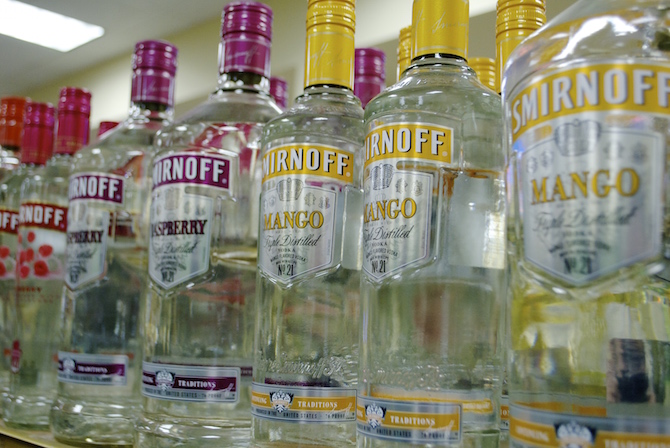
Photo by Jess Lewy
Proof is double the alcohol percentage at 60°F (i.e. 100 proof = 50% ethanol) in the US. Proof is most often used for hard alcohols, whereas volume alcohol by percentage is listed on beers and wines.
That’s what I like about my beer: it cuts to the chase. 7% alcohol? I’ll take it. When I start dividing by 2, things get hazy.
In a sentence: “Is this 190 proof Everclear even legal in Massachusetts?”
Varietal
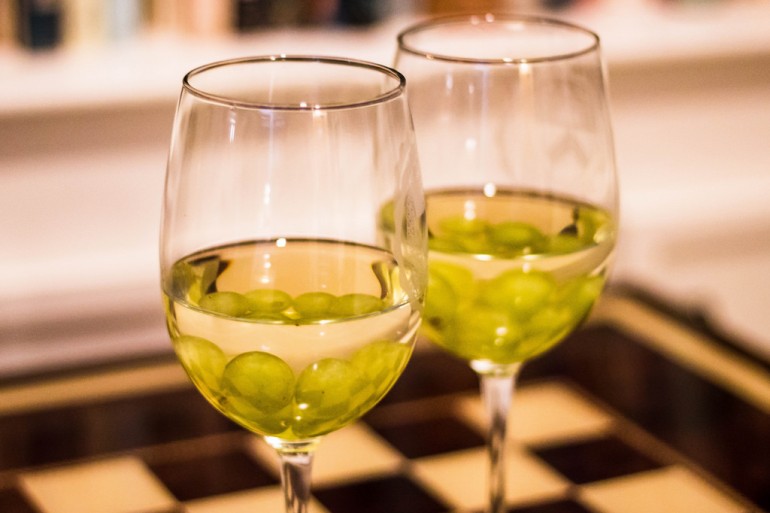
Photo by Lisa Gong
Varietals are different types of grapes. Examples of white wine varietals are Chardonnay, Sauvignon Blanc and Riesling. Cabernet Sauvignon, Pinot Noir and Zinfandel are red varietals.
In a sentence: “This red varietal is noted for its breakout role on The Unbreakable Kimmy Schmidt.”
Tannin
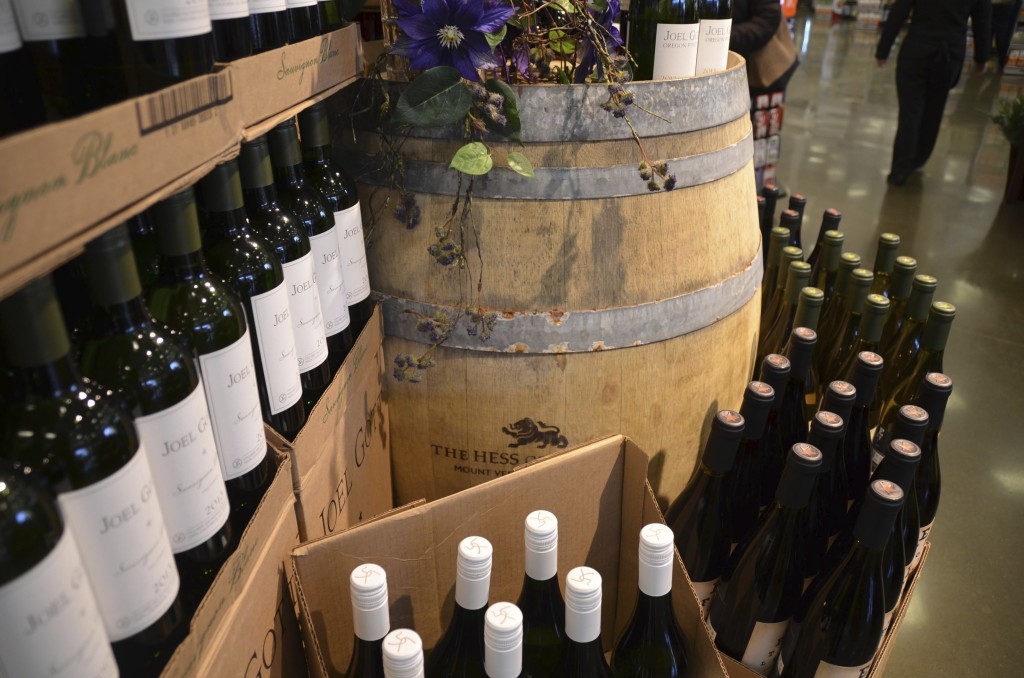
Tannins are molecules that come from grape skins, seeds and stems and the wood used for wine barrels. They’re most commonly found in red wine, and they give it its characteristic dry taste.
In a sentence: “If I say, ‘This Cabernet has a full-bodied tannin,’ will people still talk to me?”
Bottle Shock
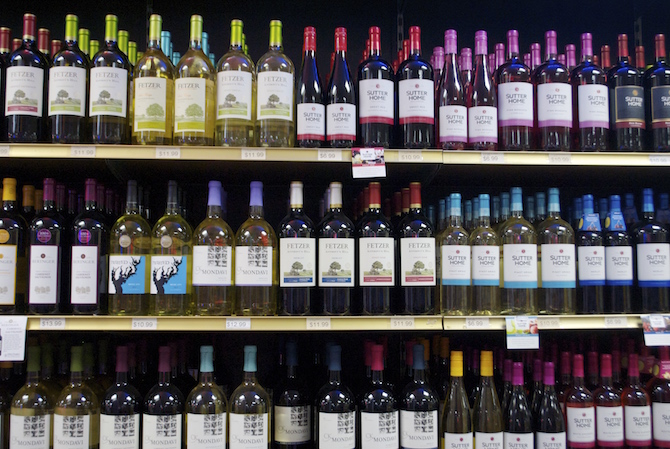
Bottle shock is when wines flavors are toned down after a wine is opened too soon after bottling or after being shaken. The cure? Wait a few days for the flavors to reassemble.
In a sentence: “Either this wine is showing symptoms of bottle shock, or it’s just a dud.”
Peat
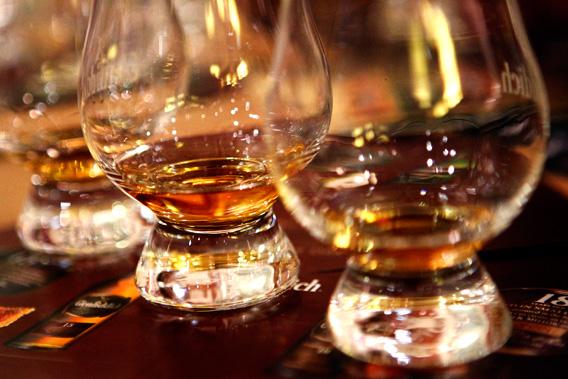
Photo courtesy of David Moir from Reuters
Peat is a type of soil used to dry malted barley for Scotch. It’s the agent that gives Scotch its smokey flavor.
In a sentence: “This Scotch must have used barley from a batch without much peat because it doesn’t taste like a forest fire.”
Sour Mash
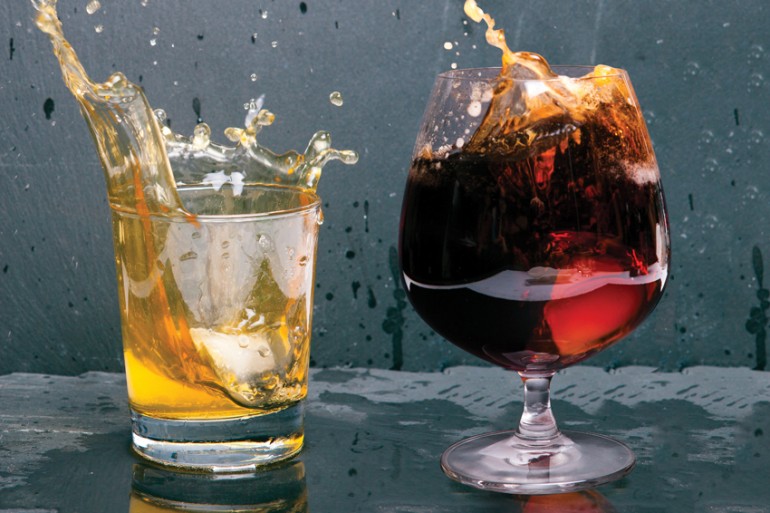
Photo by Daniel Schuleman
Sour mash whiskey is deceptively not sour. A more suitable term for sour mash might be “recycled mash.” Sour mash refers to when whiskey distillers use leftover mash from the first batch of whiskey to distill a second batch. The first batch is referred to as “single malt whiskey.”
In a sentence: “I’m helping to decrease mankind’s environmental footprint by drinking whiskey made from sour mash, which is a system of recycling.”
Ale

Photo by Amelia Weller
Ales are beers made from a combination of sweet malted barley and more bitter hops, and they tend towards the sweeter side. They ferment quickly, making for good home-brewing choices.
Ales stem back to the Middle Ages when “alewives” (women who brewed ale) made the good stuff for their own families and sometimes made small businesses selling it.
In a sentence: “Maybe if this whole ‘college’ thing doesn’t work out, I’ll build a business making my own ales in Portland.”
Cheers to these reasons to drink:

